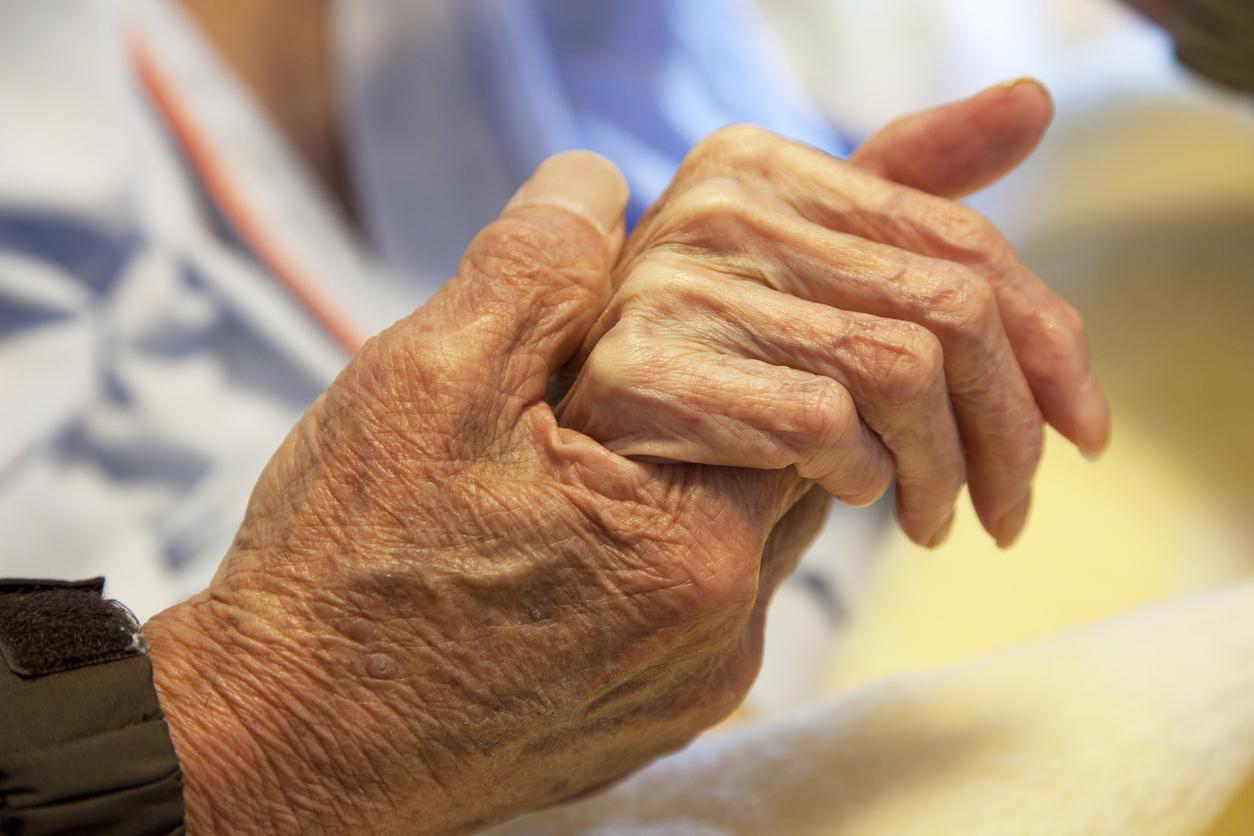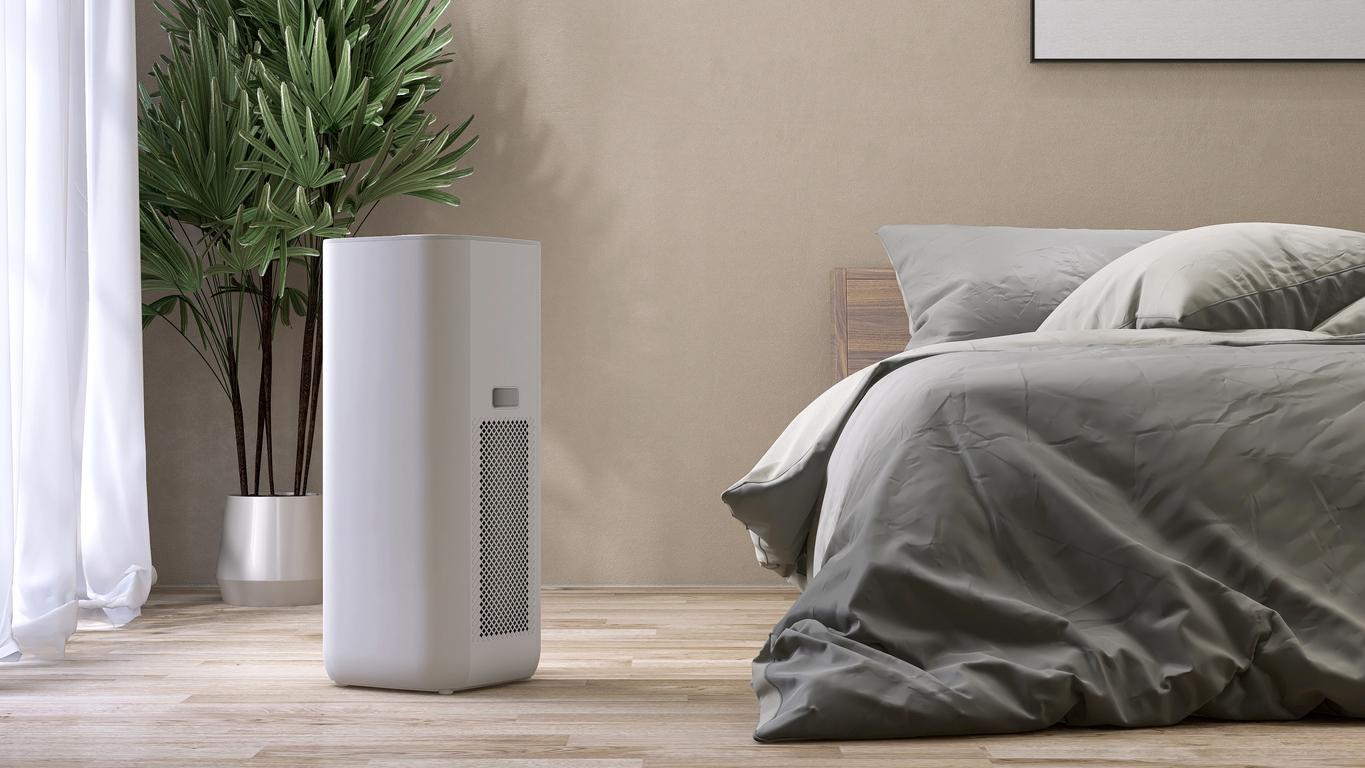“Do you really think I’ll feel better if I lay down on the couch?” Yes, and we know that for sure. Because being sick takes energy. And there are four more reasons why ‘doing nothing at all’ is healthy.
Carla (56) leads an active life. She works part-time at a bank, sings in a choir, plays hockey, walks with friends, and takes care of her grandchild one day a week. It is only annoying that she now, for the fourth time in a year and a half, has a throat infection. The doctor gave her a course of antibiotics and advised her to take it easy for a few days.
But Carla can’t resist. She goes to work with a big scarf and an aspirin behind her teeth. Her colleague looks surprised and says: “What are you doing here? Shouldn’t you go home?” Carla, indignant: “Do you really think I’ll get better if I sit on the couch with a book?”
Do not complain?
Carla isn’t the only one who thinks this way. In the Netherlands there is often a ‘don’t nag mentality’, says GP Metta Hofstra in the booklet ‘How do I survive my GP?’ Whole generations have been brought up with the idea that we should not complain. If they already go to the doctor, they minimize their complaints (“Ah, it’s not that bad now”). Hofstra calls it ‘dissimulation’: rather suffer and go through hard times than rest.
However, that is not wise. Rest ensures that that annoying flu or inflammation passes much faster. The sooner you rest, the sooner you will be rid of your ailment. This does not only apply if you are already ill. To stay healthy it is important to take regular rest. There are five important reasons to stop in time.
1 Being sick costs energy
During a flu, cold or other inflammation, the body tries to eliminate a pathogen – bacteria, virus or fungus. You can see these symptoms as a kind of housekeeper, who comes by to tidy up and clean. However, that ‘household work’ requires quite a bit of energy. It is not without reason that the flu and inflammation are often accompanied by symptoms such as fatigue, general malaise and an accelerated pulse.
Fever eats calories
The fever also boosts the metabolism considerably: for every degree that the body temperature rises above 37 degrees, you burn 7 to 12 percent more calories. That can be compared to the amount of energy you use during an hour and a half of walking or an hour of fitness. With a fever you use much more energy than normal. If you don’t slow down, it will only take longer for the body to remove the disease maker. Or it goes away, but remains dormant only to reappear after a few months, like with Carla.
2 It’s often worse than it looks
Many people who are ill and still want to stay on their feet can do so thanks to a few aspirins or a dose of paracetamol. These inhibit the production of prostaglandin, an antibody that is produced extra in inflammation. Prostaglandin is responsible for transmitting the pain signals from the infected body part, and also increases the body temperature that often accompanies inflammation.
Because aspirin and paracetamol inhibit the production of prostaglandin, the pain and fever go down. Then you can think that everything is okay again and plunge back into the busy everyday life. But the truth is that you only have less of the inflammation, but the inflammation doesn’t go away.
In itself, the relieving effect of a painkiller can be very pleasant. Provided you take the germ seriously and therefore take enough rest, so that the body can work on its recovery. Otherwise, it is for the housekeeper to mop with the tap open.
3 You prevent worse
Some people keep going until they drop. They unconsciously regard their body as a work mule, according to coach Hanna Nathans in her book ‘Advising as a second profession’. If that donkey doesn’t do what they want, they throw the whip over it, even if the doctor or partner points out that it’s time to slow down.
These people keep going until their bodies give up in a dramatic way. They have a stroke, heart attack, burn out or feel ‘suddenly’ ill. The signs have been there for a long time – such as recurrent strep throat – but have been ignored.
immune system
How about that? Constantly recurring stress, for example as time pressure, loud noises, relationship problems or lack of sleep, weakens the immune system over time. For example, research from Ohio State University shows that caregivers, who are usually extremely busy, take longer to recover from a flu virus than peers who do not care.
Taking a little longer about a flu is not a disaster. But if you keep ignoring crowds and stress, your body will make more and more interleukin-6, which increases the risk of inflammation.
And repeated, chronic or dormant inflammation increases the risk of cardiovascular disease, osteoporosis, arthritis, type 2 diabetes, cancer and Alzheimer’s, said Dr. Janice Kiecolt-Glaser of Ohio State University. Taking regular rest can prevent or break that negative spiral.
4 You don’t always feel pain right
It is sometimes claimed that men are ‘beepers’. A little bit of toothache would make them moan as if they were dying. And if they have a cold, they lie in bed for a week. Research from the University of Mainz, however, throws that idea into the trash. Men, on the other hand, deny complaints more often than women, and continue to struggle, according to that research.
There are several explanations for this. Research from Bath University, for example, shows that men feel pain less quickly than women: men could stick an arm in a bucket of ice-cold water for much longer without pain than women.
This lower pain threshold means that men are less likely to notice pain and are more likely to ignore physical symptoms.
In addition, men in particular tend to overestimate themselves (“I’ll do that”). Older men (want to) think they are just as healthy as they were when they were 30. But white blood cells of people over 60 are much less able to fight a disease maker than those of people in their 20s and 40s, research from Ohio State University shows.
All this makes it especially important for aging men to take good care of themselves and especially not to ignore advice from others to take rest.
5 Bustle encourages even more bustle
It may well be that Carla doesn’t even feel that sick, especially with an aspirin. But with a busy and/or stressful life you easily lose contact with your body. Under the influence of stress, the body produces stress hormones such as adrenaline. They keep you mentally alert, even if you are not physically fit. You will mainly be ‘in your head’.
After busy activities, it takes a while for the level of stress hormones to drop again and you feel how you ‘really’ are. You can suddenly feel dead tired, especially if you have continued for too long under the influence of those stress hormones.
Stream of adrenaline
It is therefore important to rest on time. That may sound logical, but it isn’t always. Because those who are busy often work even harder or do even more things. You go with the flow of adrenaline.
At those moments you have to go against yourself, says psychologist Carien Karsten in her book ‘Anti-stress in 366 days’. Take a day off, take a nap or take a break, even if there is still a lot to do. Building in rest slows down physical and mental stress and gives body and mind the opportunity to recover.
Thanks to Harry Fey, general practitioner in Slochteren.
Sources):
- Plus Magazine














